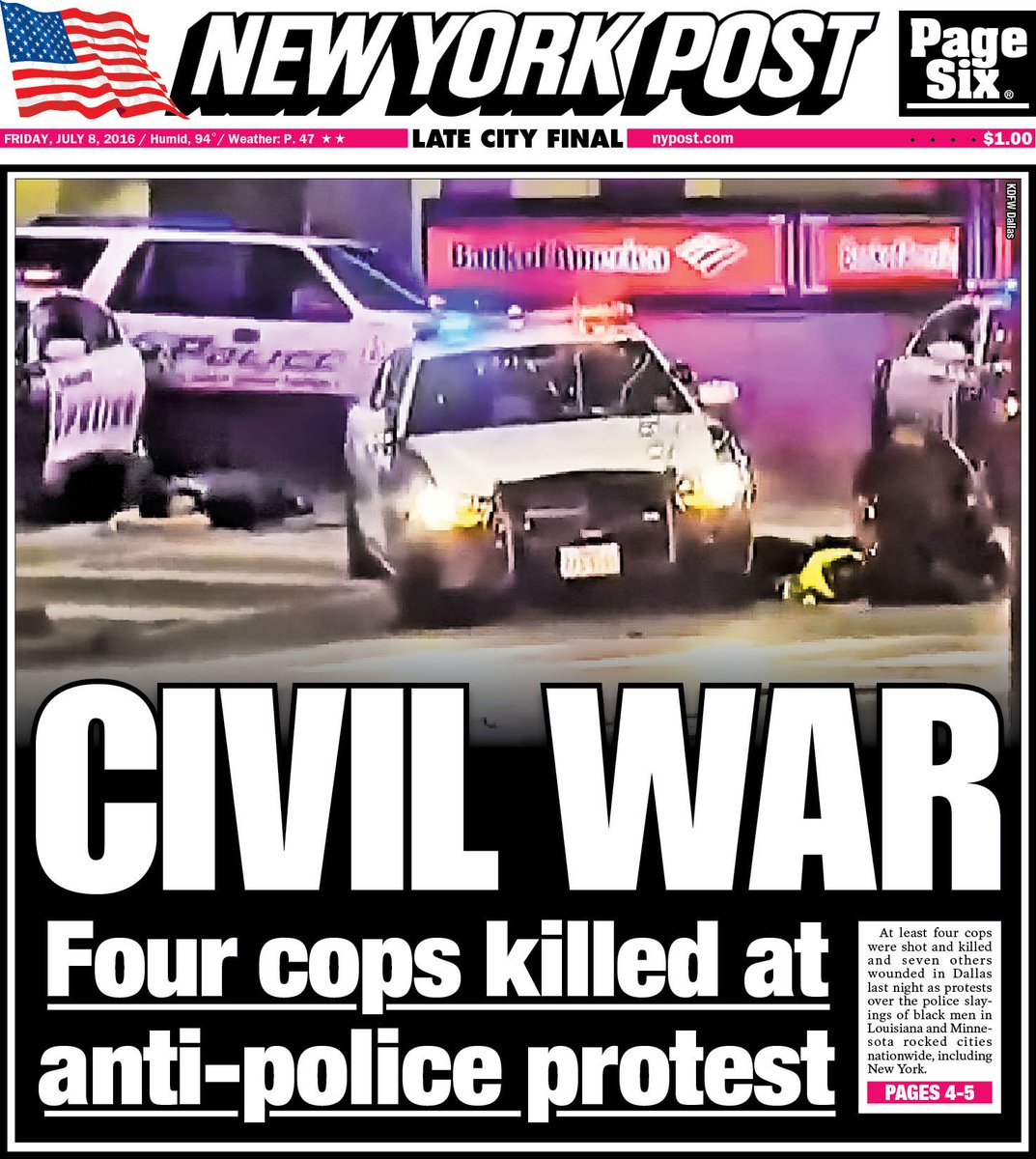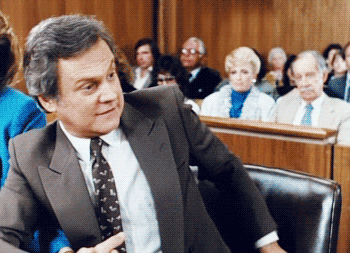On Thursday night, during the police protests in Dallas that erupted in gunfire, a black man legally carrying a gun was mistaken for a suspect by city officials.
The Dallas Police Department and the Dallas Police Association, the largest union representing the city’s police department, both tweeted a photo during the event of a young, black suspect holding a gun. The photo was plastered across national news.
Under Texas law, people can legally carry openly in most public places, including on the streets where the protests occurred.
This is one of our suspects. Please help us find him! pic.twitter.com/Na5T8ZxSz6
— Dallas Police Depart (@DallasPD) July 8, 2016
The man identified in the photo, Mark Hughes, had been peacefully protesting alongside thousands of others on Thursday night. In an interview with CBS, his brother — one of the organizers of the protest — said that Hughes had no involvement in the violence. The Dallas Morning News reported that Hughes can be seen protesting in its video footage.
After learning he was wanted, Hughes turned himself in to authorities and handed over his weapon.
Hughes, like almost half of Texas residents, owns a firearm and can legally carry it in public places. On January 1 of this year, a newly passed law made Texas the 45th state to allow people to publicly carry firearms. When the law went into effect, hundreds of white Texas celebrated by openly carrying their rifles around Austin — to the convenience store, through the streets, and on the Capitol steps.
The police response to Hughes — whose photo appears to have been plastered on social media and on the news as a suspect not because of his weapon, but because of his race — is yet another example of the racial divide in our country’s gun laws. When a white person owns a gun and uses it for self defense, he’s labeled a “good guy with a gun.” When a black person does the same, however, he’s considered suspicious. And the National Rifle Association will not come to his defense.
The NRA has not responded to either of the high-profile police shootings this week — both of which occurred because the black man allegedly had a gun. Before he died in Minnesota on Wednesday night, Castile specifically told the officer that he was armed and had a legal license to carry, but was shot and killed anyway. And on Tuesday, Alton Sterling was restrained and pinned to the ground after an officer yelled: “He’s got a gun! Gun!” An officer shot him in the back and chest several times before another officer pulled the gun out of his back pocket. In Louisiana, where Sterling lived, a license is not required to openly carry a firearm.
Like Sterling and Castile, Hughes was legally carrying a firearm — he had not fired the gun, or threatened anyone with the gun. Under the NRA’s vision of an armed and happy country, he was a model citizen.
But like Sterling and Castile, he is black, so his possession of a weapon made him a criminal.
“I can’t believe it,” Hughes said in an interview Thursday night, about learning that he was a suspect in the shootings.
Even after he turned himself in and provided evidence that he was peacefully protesting, he said that police continued to act like he was guilty.
“At the end of the day, the system was trying to get me,” he said.
His brother, Cory Hughes, told CBS11 that he and Mark are “absolutely” concerned about their safety because of the threats and menacing messages they have received. For being a black man with a gun, Hughes said his brother has “already been indicted.”







